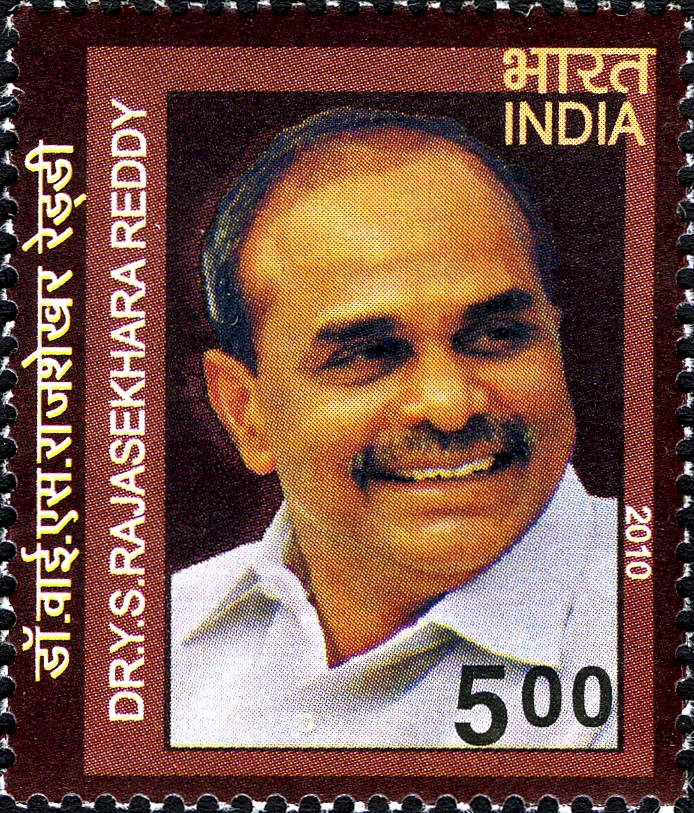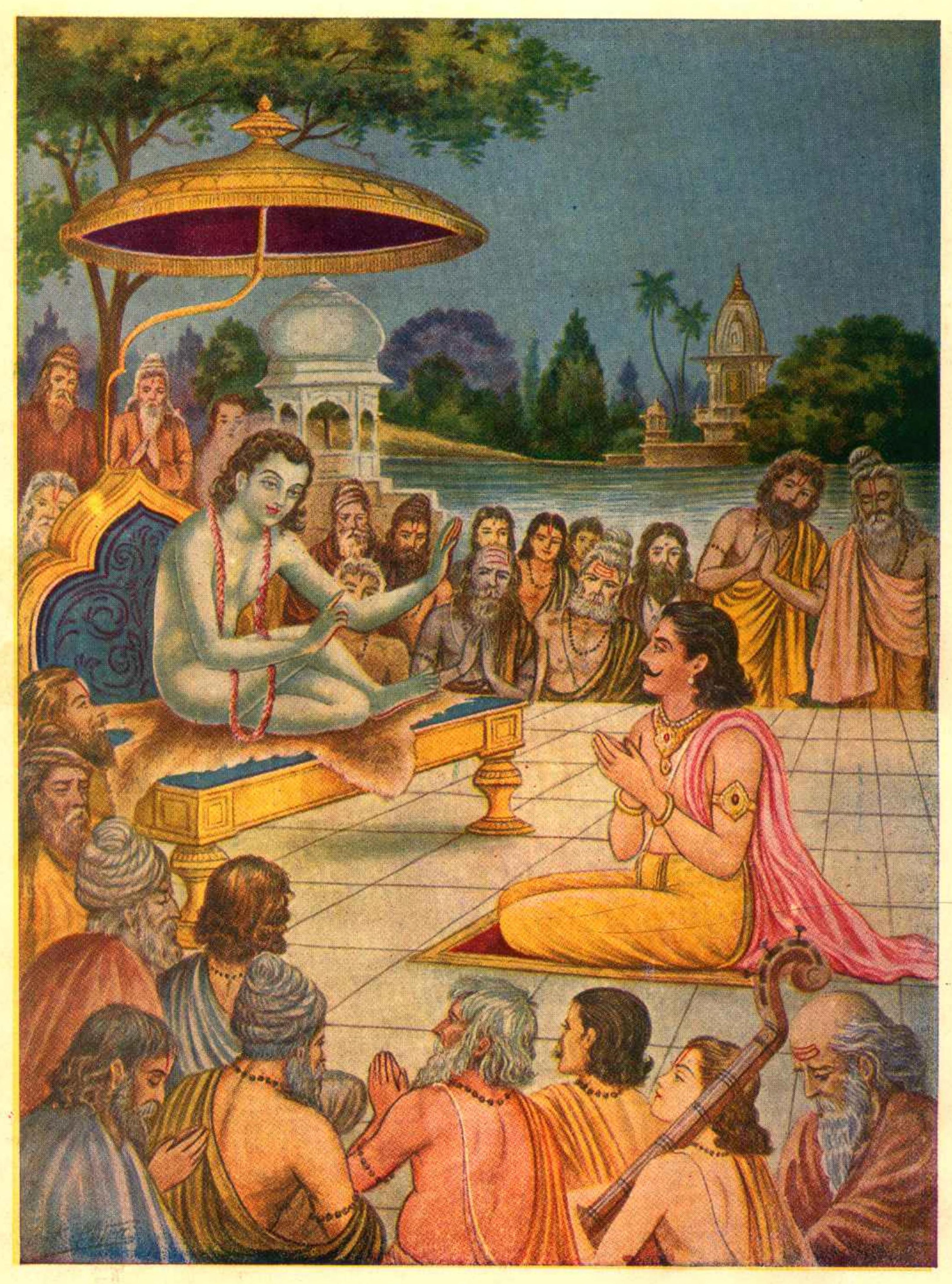|
Atukuri Molla
Atukuri Molla (ఆతుకూరి మొల్ల) was a 16th-century Telugu language, Telugu poet who authored ''Molla Ramayanam'', a Telugu-language version of Sanskrit ''Ramayana''. Identified by her caste, she was popularly known as Kummari Molla. Mollamamba or Molla was the daughter of Kesana Setti who was a potter by profession. While earlier historians placed her as a contemporary of Tikkana Somayaji during the times of Kakatiya empire, Kandukuri Veeresalingam, Kandukuri Veeresalingam Pantul - in his ''Andhra Kavula Charitra'' - suggests that she was a contemporary of Sri Krishna Deva Raya, which seems to cast doubt on earlier claims that she was the sister of Kummara Gurunatha who was the scribe of Tikkana Somayaji in translating Mahabharata. Her salutations to poets like Srinatha who lived in the periods between the Kakatiya and Vijayanagara empires also suggest that they predated her. [...More Info...] [...Related Items...] OR: [Wikipedia] [Google] [Baidu] |
Kadapa District
YSR Kadapa district is one of the twenty six districts in the Indian state of Andhra Pradesh. In the 2022 reorganisation of Andhra Pradesh districts, the district boundary was largely restricted to the Kadapa parliamentary constituency area. It is one of the eight districts in the Rayalaseema region. Kadapa is the administrative headquarters for this district. Barytes, limestone, asbestos and uranium are major mineral resources of the district. The district is home to many religious and historic places of interest. Kodandarama Temple at Vontimetta, Chennakesava temple of Pushpagiri, Siddavatam Fort and Gandikota gorge are some of the famous places. Etymology The old records of the district reveal that Kadapa was previously called ''Gadapa'' which translated in Telugu to ''threshold''. The ancient village of Kadapa with its large tank and temple of Lord Venkateswara at Devuni Kadapa was a convenient camping place for the myriads of pilgrims travelling to the holy shrine ... [...More Info...] [...Related Items...] OR: [Wikipedia] [Google] [Baidu] |
Basavanna
Basava (1131–1196), also called and , was an Indian philosopher, poet, Lingayat social reformer in the Shiva-focused bhakti movement, and a Hindu Shaivite social reformer during the reign of the Kalyani Chalukya and the Kalachuri dynasties. Basava was active during the rule of both dynasties but reached the peak of his influence during the rule of King Bijjala II in Karnataka, India.Basava Encyclopædia Britannica (2012), Quote: "Basava, (flourished 12th century, South India), Hindu religious reformer, teacher, theologian, and administrator of the royal treasury of the Kalachuri-dynasty king Bijjala I (reigned 1156–67)." Basava spread social awareness through his poetry, popularly known as ''Vachanaas''. He rejected gender or social discrimination, superstitions and rituals [...More Info...] [...Related Items...] OR: [Wikipedia] [Google] [Baidu] |
Nellore
Nellore, also spelt as Nelluru, is a city located on the banks of Penna River, in Nellore district of Andhra Pradesh, India.(PDF file download– 5MB) It serves as the headquarters of the district, as well as Nellore mandal and Nellore revenue division. It is the fourth most populous city in the state. It is at a distance of from |
Bhagavata Purana
The ''Bhagavata Purana'' (; ), also known as the ''Srimad Bhagavatam (Śrīmad Bhāgavatam)'', ''Srimad Bhagavata Mahapurana'' () or simply ''Bhagavata (Bhāgavata)'', is one of Hinduism's eighteen major Puranas (''Mahapuranas'') and one of the most popular in Vaishnavism. Composed in Sanskrit and traditionally attributed to Veda Vyasa, it promotes '' bhakti'' (devotion) towards Krishna, an avatar of Vishnu, integrating themes from the Advaita (monism) philosophy of Adi Shankara, the Vishishtadvaita (qualified monism) of Ramanujacharya and the Dvaita (dualism) of Madhvacharya. It is widely available in almost all Indian languages. The ''Bhagavata Purana'', like other puranas, discusses a wide range of topics including cosmology, astronomy, genealogy, geography, legend, music, dance, yoga and culture. As it begins, the forces of evil have won a war between the benevolent '' devas'' (deities) and evil '' asuras'' (demons) and now rule the universe. Truth re-emerges as ... [...More Info...] [...Related Items...] OR: [Wikipedia] [Google] [Baidu] |
Vanisri
Vanisri (born Rathna Kumari) is an Indian actress known for her works predominantly in Telugu, Tamil, and Kannada films. In a film career spanning 40 years, she has received three Filmfare Awards South, the Nandi Awards and the Tamil Nadu State Film Award. Career Vani made her debut with the 1962 Telugu movie ''Bhishma''. She gained attention with a supporting role in a film penned by K. Balachander titled '' Sukha Dukhalu'', and '' Marapurani Katha'' (1967). Vanisri has starred in super hits such as '' Krishnaveni'', '' Prem Nagar'', '' Dussehra Bullodu'', ''Aradhana'', '' Jeevitha Chakram'', '' Rangula Ratnam'', ''Sri Krishna Tulabharam'', '' Bhakta Kannappa'', and '' Bobbili Raja''. She played dual roles in ''Iddaru Ammayilu'' (1972) (Telugu remake of 1969 release Kannada film '' Kappu Bilupu''), ''Ganga Manga'' (1973 remake of the Hindi film '' Seeta Aur Geeta''), '' Jeevana Jyothi'' (1975), and '' Chilipi Krishnudu'' (1978). She financed and starred in Shyam Benegal' ... [...More Info...] [...Related Items...] OR: [Wikipedia] [Google] [Baidu] |
Kathanayika Molla
''Kathanayika Molla'' is a 1970 Indian Telugu-language film directed by comedian Padmanabham. It is based on the life of the poet Molla, played by Vanisree. It features the songs ''Jagame Ramamayam'' and ''Manishini Brahmayya Mattito Chesenaya'' and received the Nandi Award for Best Feature Film. Songs were written by Dasharathi Krishnamacharya. Plot The story is based on life of the poet Molla, who translated the Ramayana from Sanskrit into Telugu. Credits Cast * Vanisree as Molla * Harinath as Lord Vishnu * B. Padmanabham as Tenali Ramakrishna * Tyagaraaju * Sobhan Babu * Gummadi as Kesana * Nagabhushanam * Allu Ramalingaiah as Avadhani * Mikkilineni * Jyothi Laxmi as Vidhusheemani * Geethanjali as Ranganayaki * Kaikala Satyanarayana as Sri Krishna Devaraya (King) Crew * Director: B. Padmanabham * Producer: B. Purushottam * Production Company: Rekha and Murali Productions * Original Music: S. P. Kodandapani * Playback singers: Ghantasala, S. P. Balasubrahmany ... [...More Info...] [...Related Items...] OR: [Wikipedia] [Google] [Baidu] |
Hyderabad, Andhra Pradesh
Hyderabad is the capital and largest city of the Indian state of Telangana. It occupies on the Deccan Plateau along the banks of the Musi River (India), Musi River, in the northern part of Southern India. With an average altitude of , much of Hyderabad is situated on hilly terrain around Lakes in Hyderabad, artificial lakes, including the Hussain Sagar lake, predating the city's founding, in the north of the city centre. According to the 2011 census of India, Hyderabad is the List of cities in India by population, fourth-most populous city in India with a population of residents within the city limits, and has a population of residents in the Hyderabad Metropolitan Region, metropolitan region, making it the List of metropolitan areas in India, sixth-most populous metropolitan area in India. With an output of 95 billion, Hyderabad has the sixth-largest urban economy in India. The Qutb Shahi dynasty's Muhammad Quli Qutb Shah established Hyderabad in 1591 to extend the ... [...More Info...] [...Related Items...] OR: [Wikipedia] [Google] [Baidu] |
Vijayanagara Empire
The Vijayanagara Empire, also known as the Karnata Kingdom, was a late medieval Hinduism, Hindu empire that ruled much of southern India. It was established in 1336 by the brothers Harihara I and Bukka Raya I of the Sangama dynasty, belonging to the Yadava clan of Lunar dynasty, Chandravamsa lineage. The empire rose to prominence as a culmination of attempts by the southern powers to ward off Muslim invasions of India, Muslim invasions by the end of the 13th century. At its peak in the early 16th century under Krishnadevaraya, it subjugated almost all of Southern India's ruling dynasties and pushed the Deccan sultanates beyond the Tungabhadra River, Tungabhadra-Krishna River, Krishna River doab region, in addition to annexing the Gajapati Empire (Odisha) up to the Krishna River, becoming one of the most prominent states in India. The empire's territory covered most of the lands of the modern-day Indian states of Karnataka, Andhra Pradesh, Tamil Nadu, Kerala, Goa, and some pa ... [...More Info...] [...Related Items...] OR: [Wikipedia] [Google] [Baidu] |
Srinatha
Srinatha ( – 1441) was a well-known 15th-century Telugu poet who popularised the Prabandha style of composition. Biography Srinatha was born in a Telugu Brahmin family of Bharadwaja gotra in Kalapatam village on Gudur Mandal in Krishna district to parents and in 1355/1360. His grandfather was who allegedly wrote a Telugu translation of Padma Purana. Srinatha was respected as (King among poets) in Telugu, and patronised by many kings. Srinatha worked as a minister in the court of Pedakomati Vema Reddy of Kondaveedu. He managed to get his king's prestigious knife which was taken away by Lingamanedu ruler of Devarakanda in return for his literary prowess. Srinatha produced and dedicated a host of books to kings and enjoyed a luxurious life. However, he seemed to have suffered from poverty at the end of his life. Srinatha died in 1441, after the conquest of Coastal Andhra by Kapileswara Gajapati. He was not the brother-in-law of another famous Telugu poet Potana as s ... [...More Info...] [...Related Items...] OR: [Wikipedia] [Google] [Baidu] |
Tikkana
Tikkana (1205–1288), also known as Tikkana Somayaji, was a 13th century Telugu poet. Born into a Telugu-speaking Niyogi Brahmin family . He was the second poet of the "Trinity of Poets ( Kavi Trayam)" that translated ''Mahabharata'' into Telugu. Nannaya Bhattaraka, the first, translated two and a half chapters of ''Mahabharata''. Tikkana translated the final 15 chapters, but did not undertake translating the half-finished ''Aranya Parvamu''. The Telugu people remained without this last translation for more than a century, until it was translated by Errana. Tikkana is also called Tikkana Somayaji, as he completed the Somayaga. Tikkana's titles were ''Kavibrahma'' and ''Ubhaya Kavi Mitrudu''. Religious conflict Tikkana was born in 1205 in Patur village, Kovur, Nellore district during the Golden Age of the Kakatiya dynasty. During this time conflict occurred between the two sects of Sanātana Dharma, Shaivism and Vaishnavism. Tikkana attempted to bring peace to the warr ... [...More Info...] [...Related Items...] OR: [Wikipedia] [Google] [Baidu] |
Krishnadevaraya
Krishnadevaraya (17 January 1471 – 17 October 1529) was emperor of the Vijayanagara Empire from 1509 to 1529 and the third ruler of the Tuluva dynasty. Widely regarded as one of the greatest rulers in Indian history, he presided over the empire at its political and cultural zenith and is remembered as an iconic figure by many Indians. Following the decline of the Delhi Sultanate, he ruled the largest and most powerful empire in India during his time.Keay, John, India: A History, New York: Harper Collins, 2000, p. 302 Krishnadevaraya's reign was marked by military expansion and political consolidation. He became the dominant ruler of the Indian peninsula by defeating the sultans of Bijapur, Golconda, the Bahmani Sultanate, and the Gajapatis of Odisha, making him one of the most powerful Hindu monarchs in Indian history. Major campaigns during his reign included the conquest of the Raichur Doab in 1512, the subjugation of Odisha in 1514, and a decisive victory against ... [...More Info...] [...Related Items...] OR: [Wikipedia] [Google] [Baidu] |
Vishnu
Vishnu (; , , ), also known as Narayana and Hari, is one of the Hindu deities, principal deities of Hinduism. He is the supreme being within Vaishnavism, one of the major traditions within contemporary Hinduism, and the god of preservation (sattva). Vishnu is known as ''The Preserver'' within the Trimurti, the triple deity of Para Brahman, supreme divinity that includes Brahma and Shiva.Gavin Flood, An Introduction to Hinduism' () (1996), p. 17. In Vaishnavism, Vishnu is the supreme Lord who creates, protects, and transforms the Hindu cosmology, universe. Tridevi is stated to be the energy and creative power (Shakti) of each, with Lakshmi being the equal complementary partner of Vishnu. He is one of the five equivalent deities in Panchayatana puja of the Smarta tradition of Hinduism. According to Vaishnavism, the supreme being is with qualities (Saguna Brahman, Saguna), and has definite form, but is limitless, transcendent and unchanging absolute Brahman, and the primal Atma ... [...More Info...] [...Related Items...] OR: [Wikipedia] [Google] [Baidu] |






